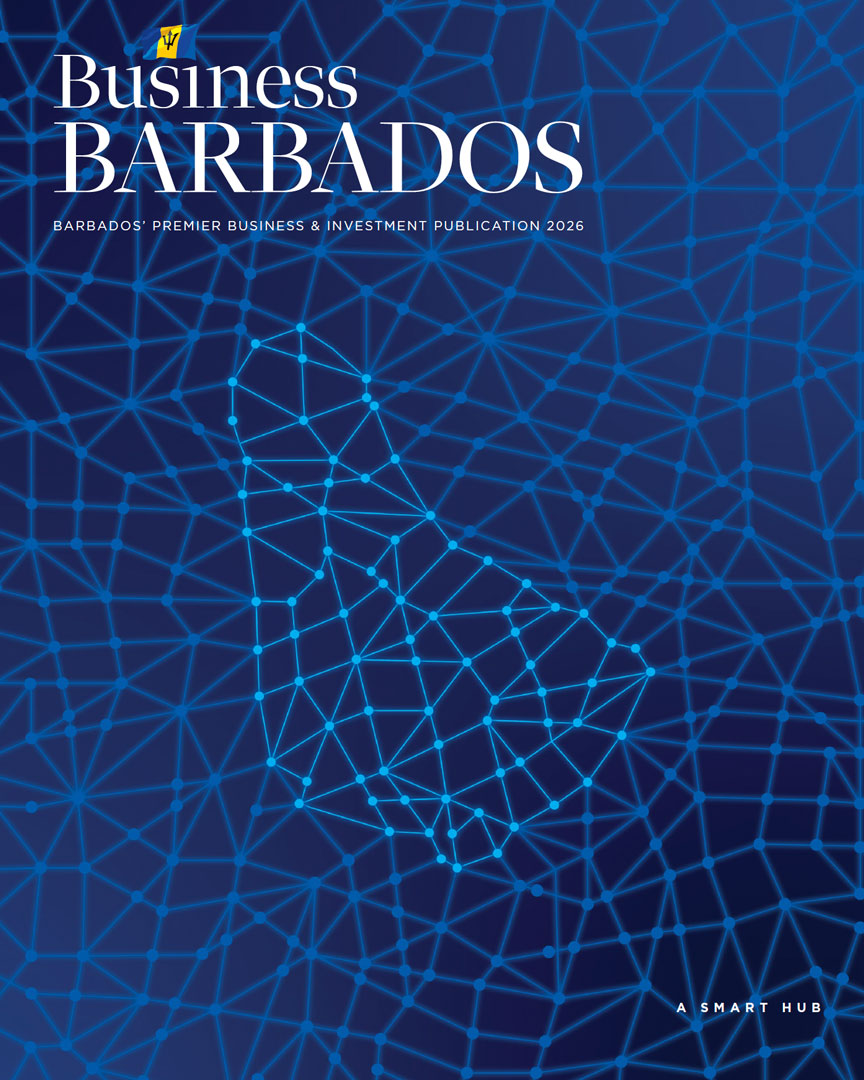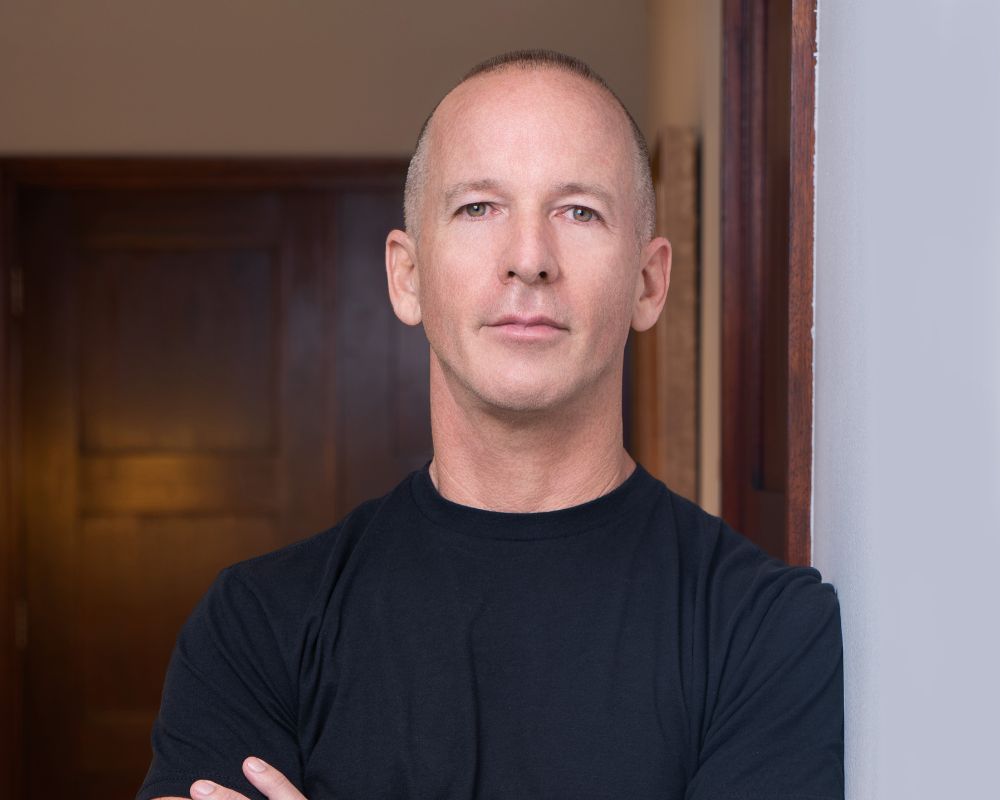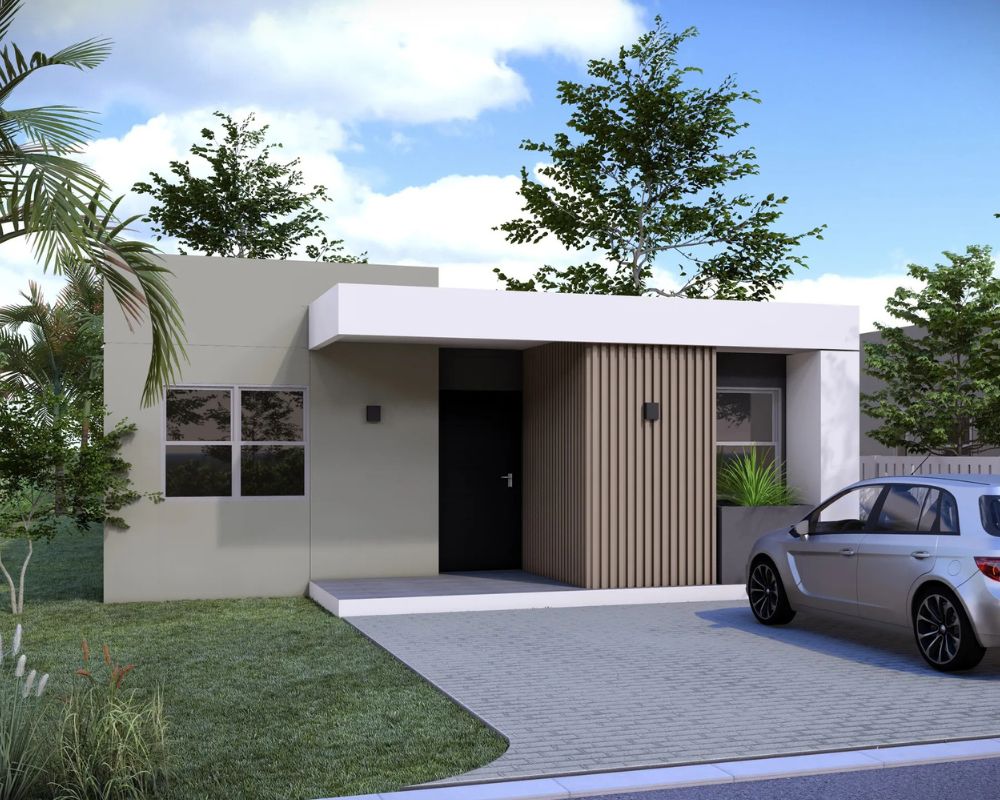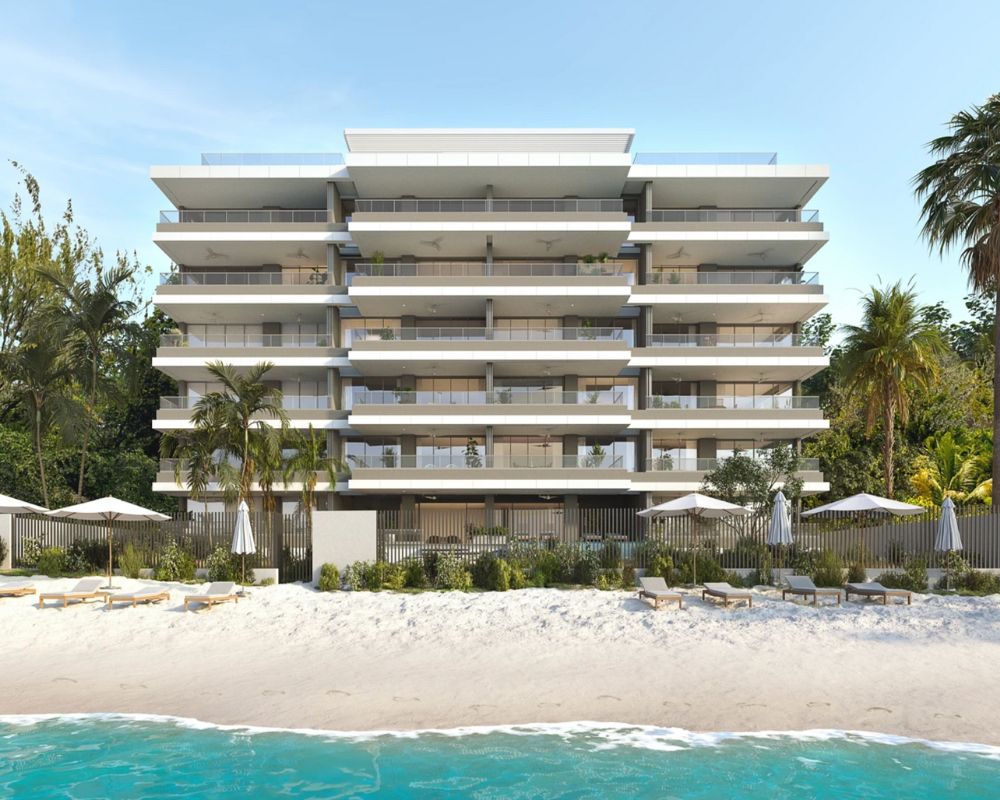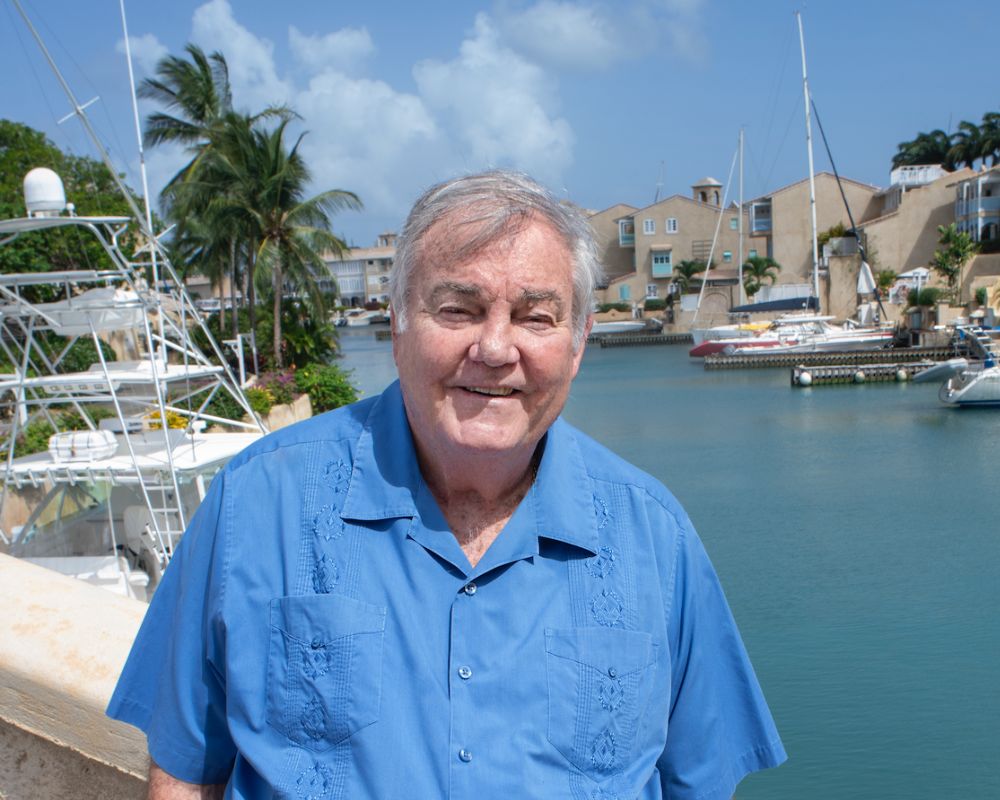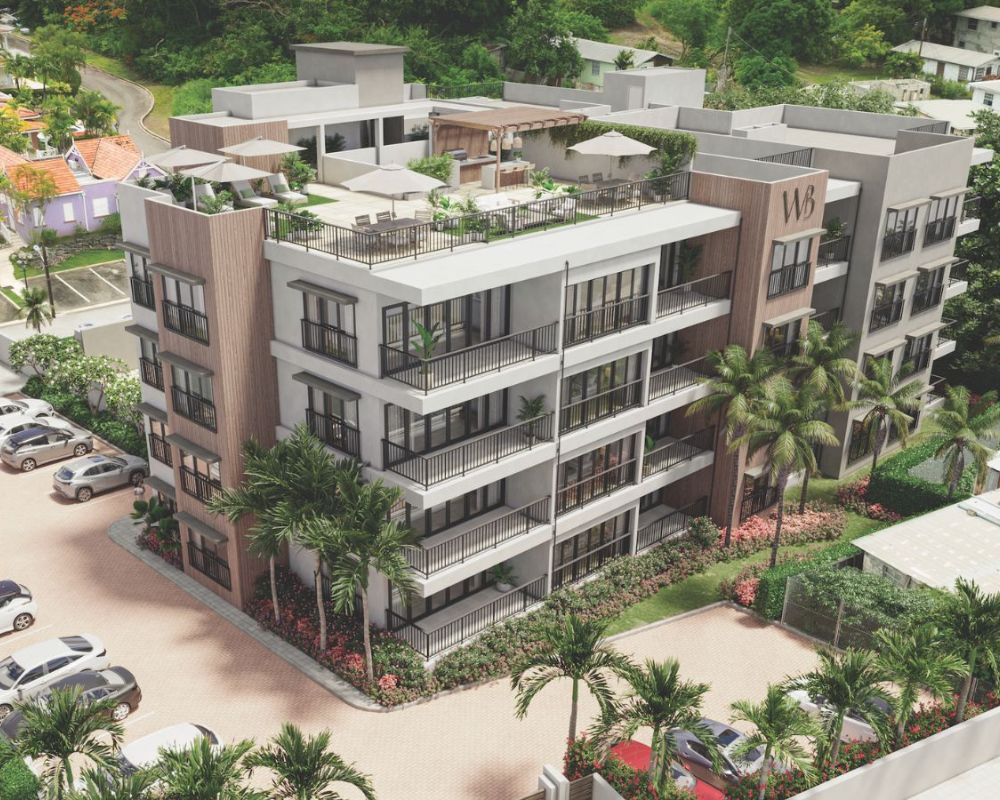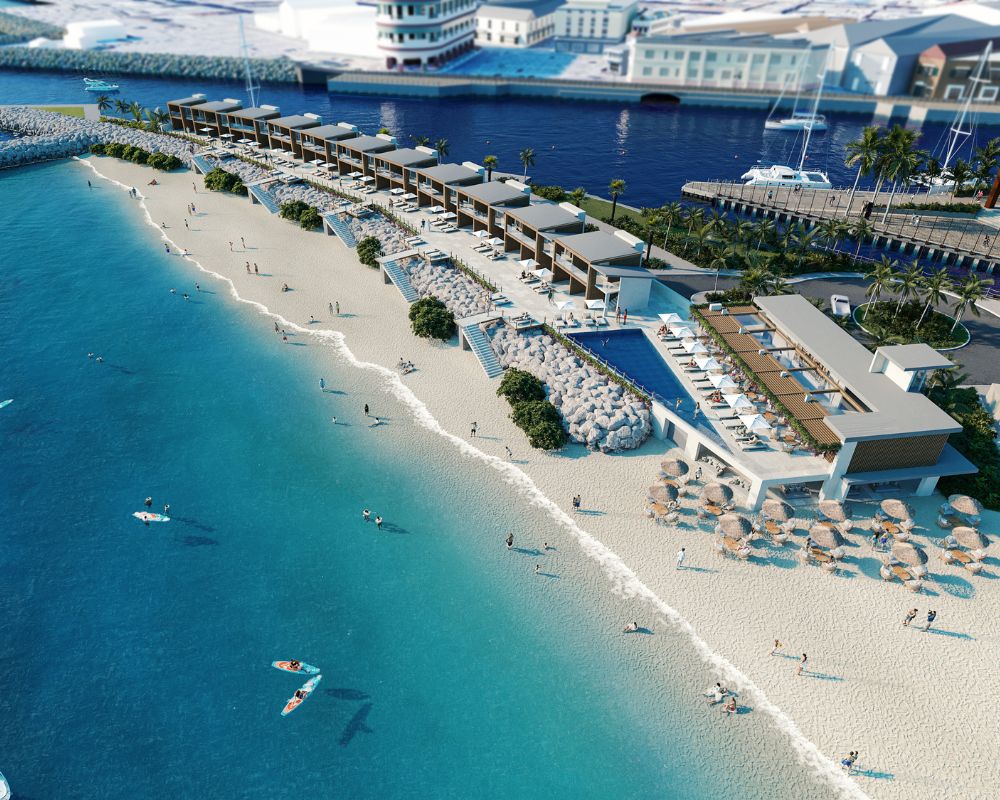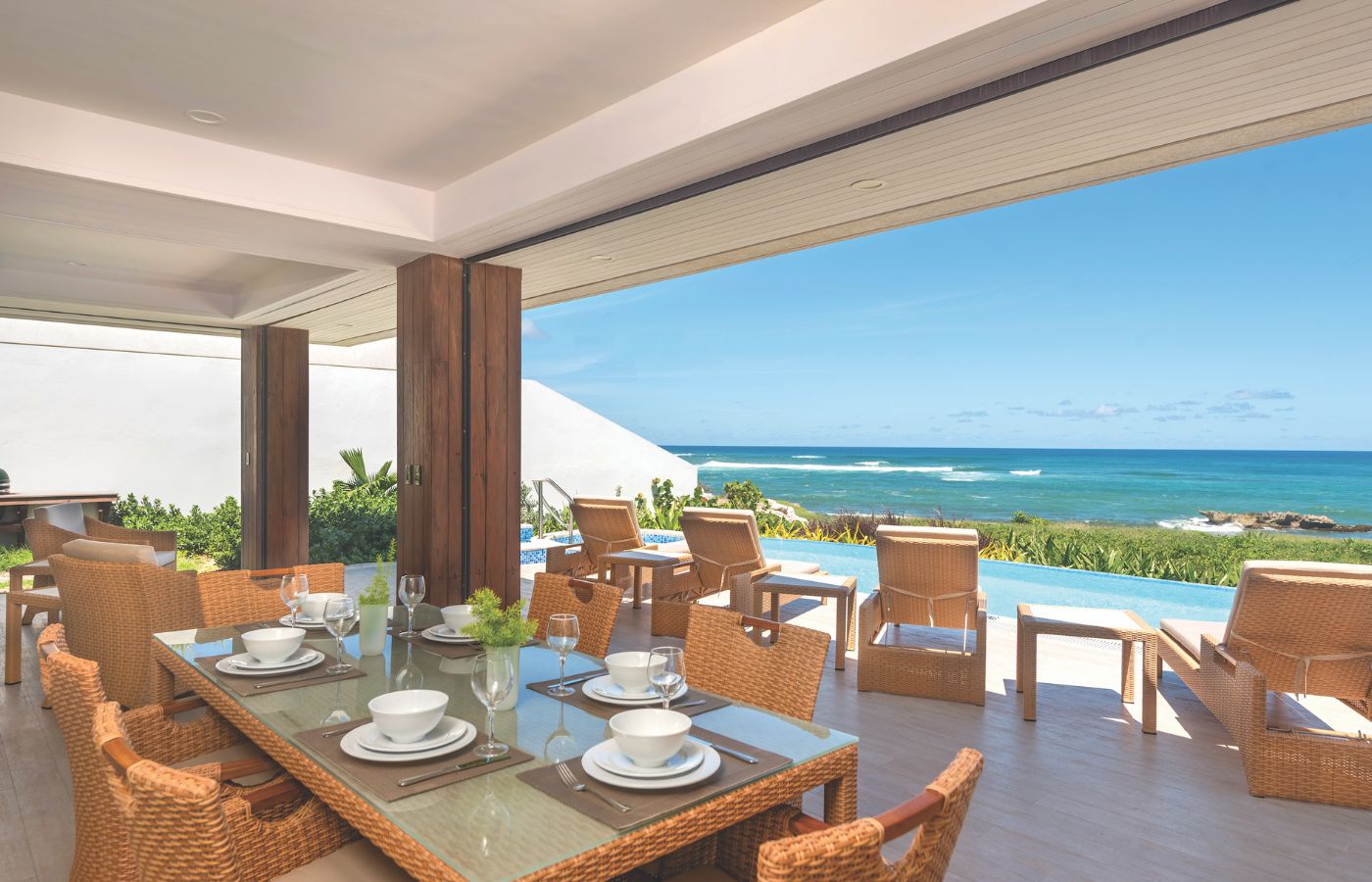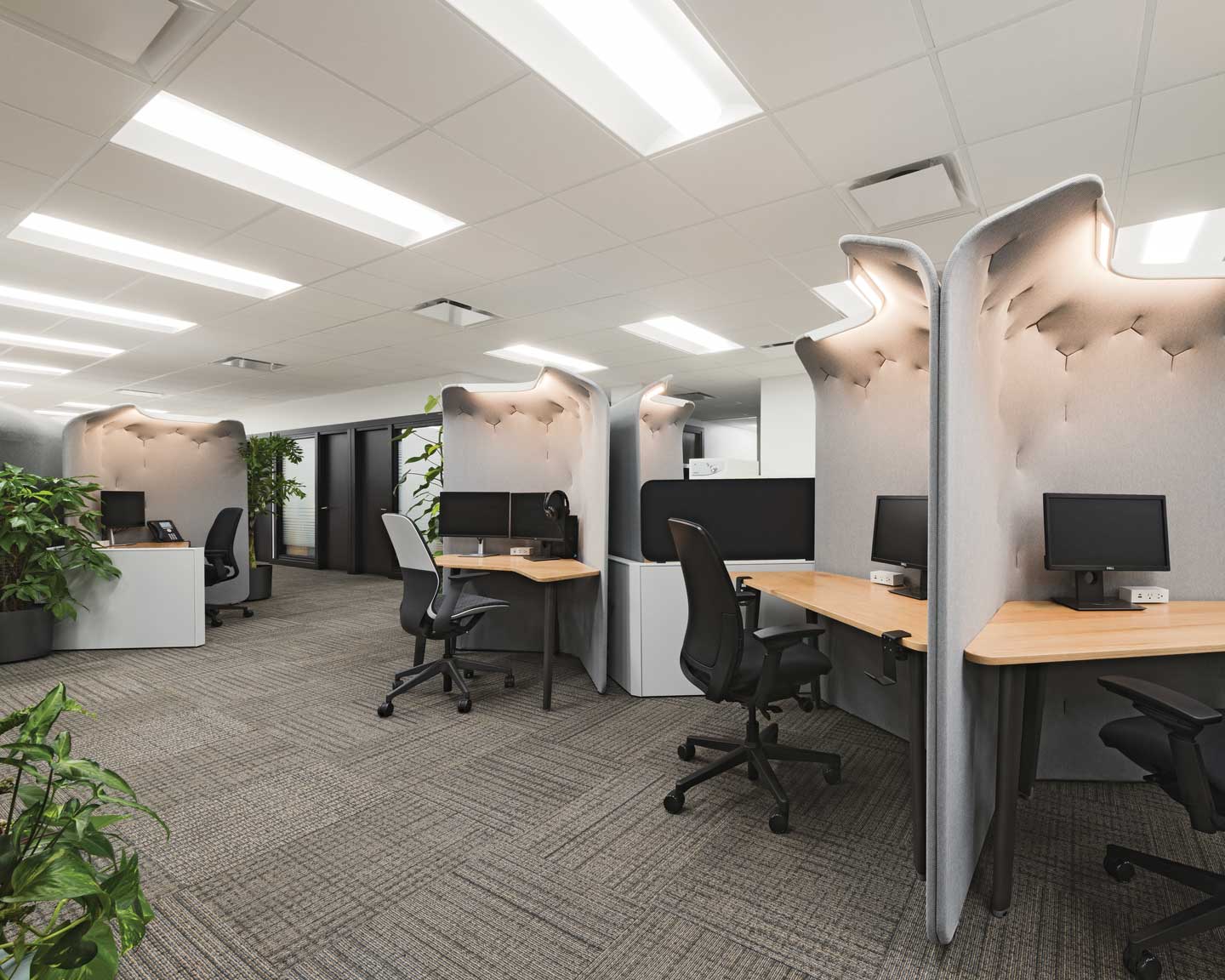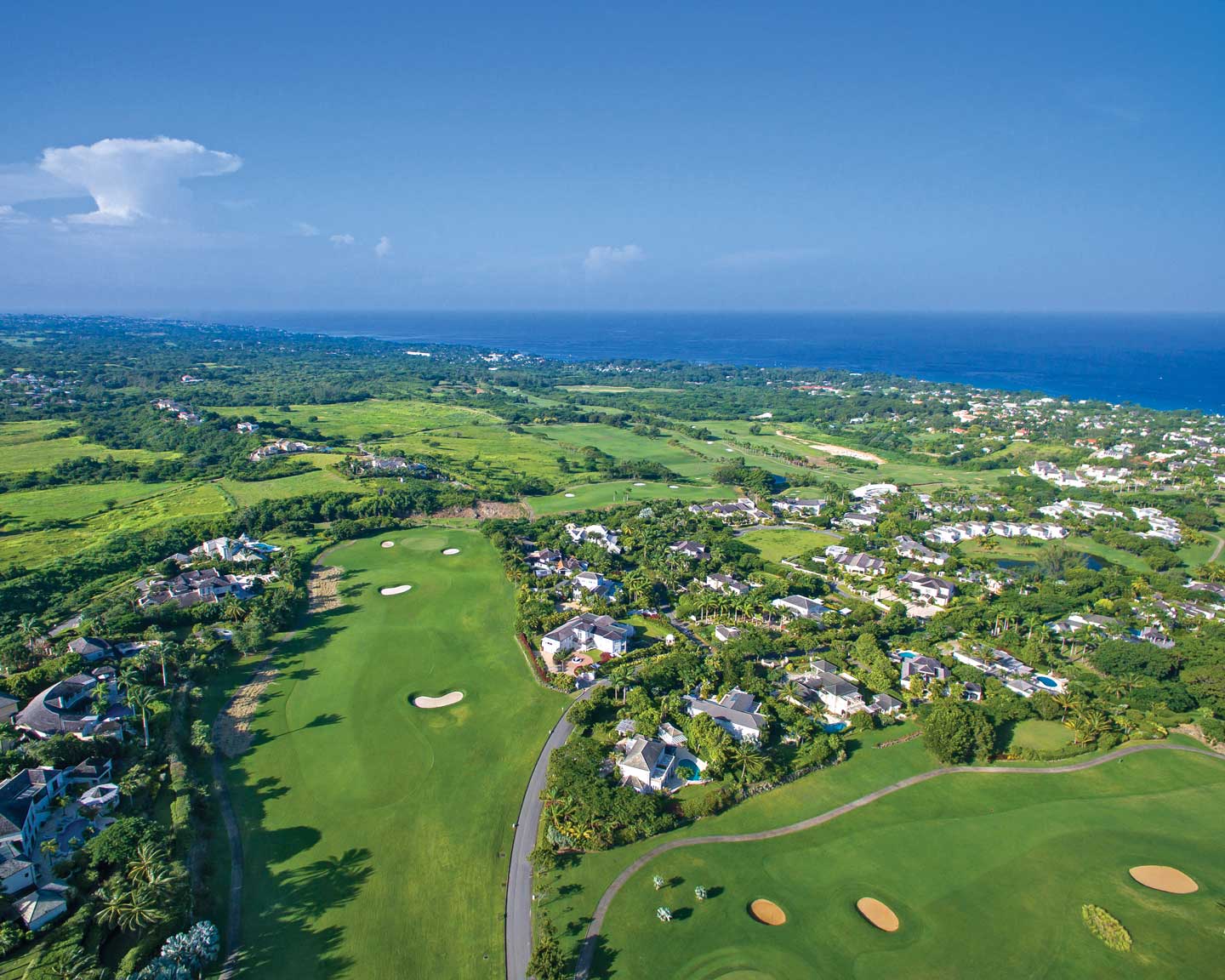
One of the sectors of the global economy hardest hit by the pandemic is the property sector. By the end of March 2020, most countries were in lockdown. Office buildings, hotels, restaurants and bars were empty. Remote working threatened to become a lifestyle change and our vacation choices of cruising and travelling became impossible. Predictably, hotel stocks fell 50% by the end of July and Real Estate Investment Trusts which own office buildings and malls were trading at similar discounts. In person meetings were replaced by Zoom, Webex and Teams apps.
We all adapted and learned to be effective in the new paradigm but the key drivers of the Barbados economy were under threat. Barbados attracts around 600,000 long stay tourists a year, plus 800,000 cruise tourists, and was coming off the back of five record years in a row when the pandemic hit. So how did Barbados react? The answer is amazingly well. As of the end of November 2020, the island ranks 155 in the world in cases per million of population. We have had less than three hundred cases, most of which were inbound travellers, and only seven deaths. So, community transmission has been almost zero. Barbados built a new quarantine hospital in less than two months and steadfast adherence to protocols was a cornerstone of the policy. Barbadians followed the rules.
Of course the hotel sector has been hit very hard, but many hotels offered quarantine facilities and most are now open. The government brought in a stimulus package (the BEST programme) to support tourism businesses, injecting capital for re-training, capital projects and working capital support.
Barbados' excellent credit rating allowed us to access inexpensive funds from multi-lateral lending agencies to fund the stimulus programmes.
Similarly, the retail sector has been hard hit, especially the duty- free sector, and the office sector is likely to contract as it has globally.
The important vacation-home market has remained stable and sales of new luxury homes have been similar to previous years. Vacation rental units will likely recover quickest, as the social distancing advantages of villas and condo’s over hotels are well understood by the travelling public.
In October 2020, Barbados created a new initiative. The Barbados Welcome Stamp initiative has become famous all over the world and has attracted unprecedented applications. Thousands have applied to live on the island for twelve months and many hundreds are here already. The economic contribution is undeniable. Applicants have to have a minimum income of US$50,000 pa but are not required to pay any taxes on island.
So, just five thousand “stampers” will increase GDP by around 5%. This will offset GDP declines, which are in double digits year to date. This brilliant initiative will also add much needed occupancy and revenue to the residential rental market.
It is heartwarming to see the interaction between our new twelve-month visitors and locals on Welcome Stamp Facebook pages, as they seek recommendations for services and guidance on their new experiences. They have been welcomed with open arms.
Despite the pandemic, Barbados development continues unabated. During 2021 the newly renovated Apes Hill will open with multiple new property choices and a number of new hotels will also open, some of them offering condo purchase options or fractional opportunities. Leading second home communities, such as Royal Westmoreland, are recording strong interest.
It is at time like these that people reflect on their quality of life and their personal safety, and Barbados remains one of the world’s most welcoming and safest destinations.
terry.hanton@altmanbarbados.com





.avif)
